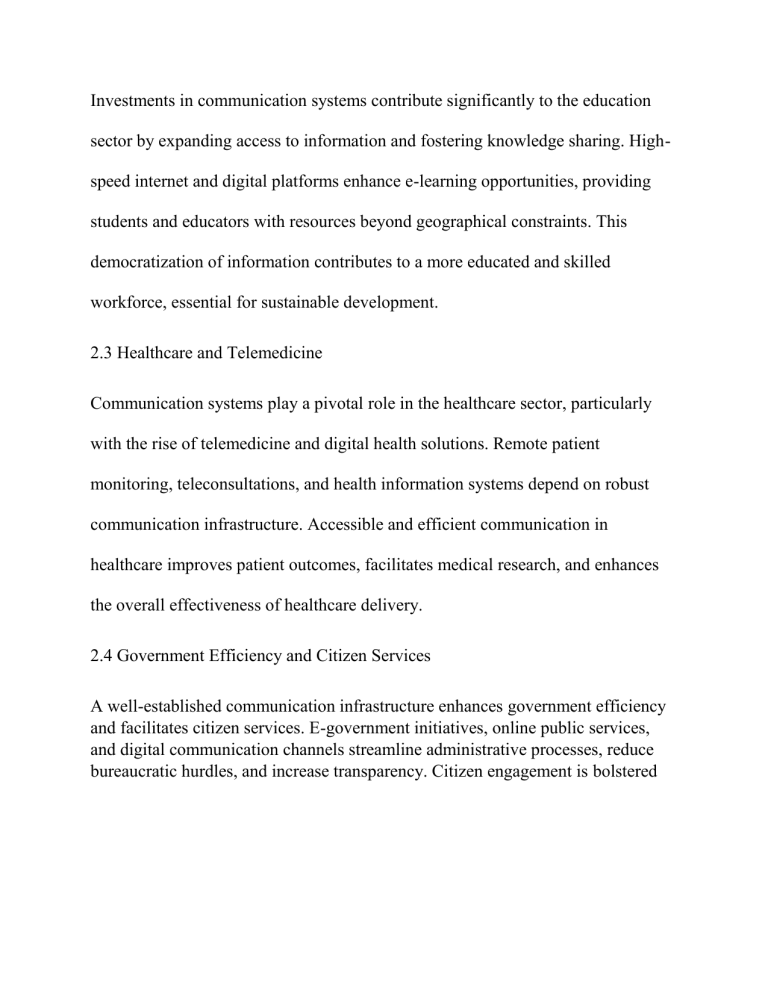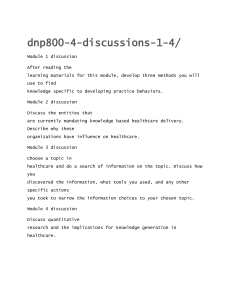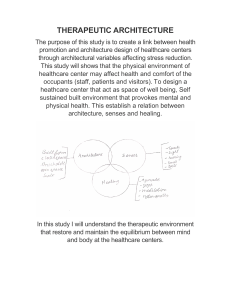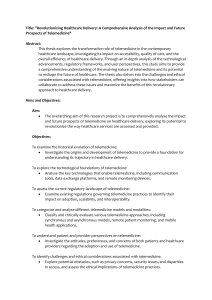Communication Systems Impact on Education, Healthcare, Government
advertisement

Investments in communication systems contribute significantly to the education sector by expanding access to information and fostering knowledge sharing. Highspeed internet and digital platforms enhance e-learning opportunities, providing students and educators with resources beyond geographical constraints. This democratization of information contributes to a more educated and skilled workforce, essential for sustainable development. 2.3 Healthcare and Telemedicine Communication systems play a pivotal role in the healthcare sector, particularly with the rise of telemedicine and digital health solutions. Remote patient monitoring, teleconsultations, and health information systems depend on robust communication infrastructure. Accessible and efficient communication in healthcare improves patient outcomes, facilitates medical research, and enhances the overall effectiveness of healthcare delivery. 2.4 Government Efficiency and Citizen Services A well-established communication infrastructure enhances government efficiency and facilitates citizen services. E-government initiatives, online public services, and digital communication channels streamline administrative processes, reduce bureaucratic hurdles, and increase transparency. Citizen engagement is bolstered








